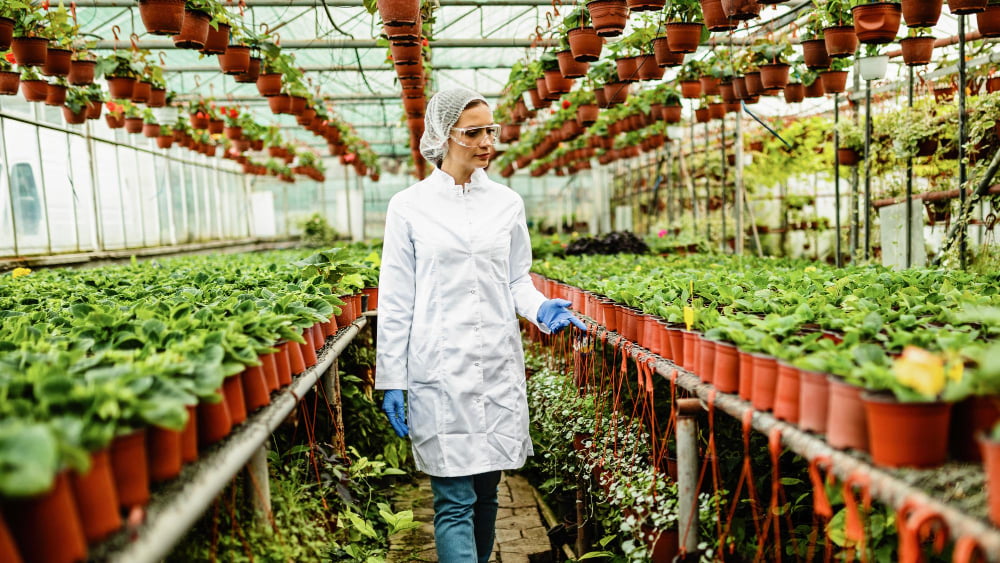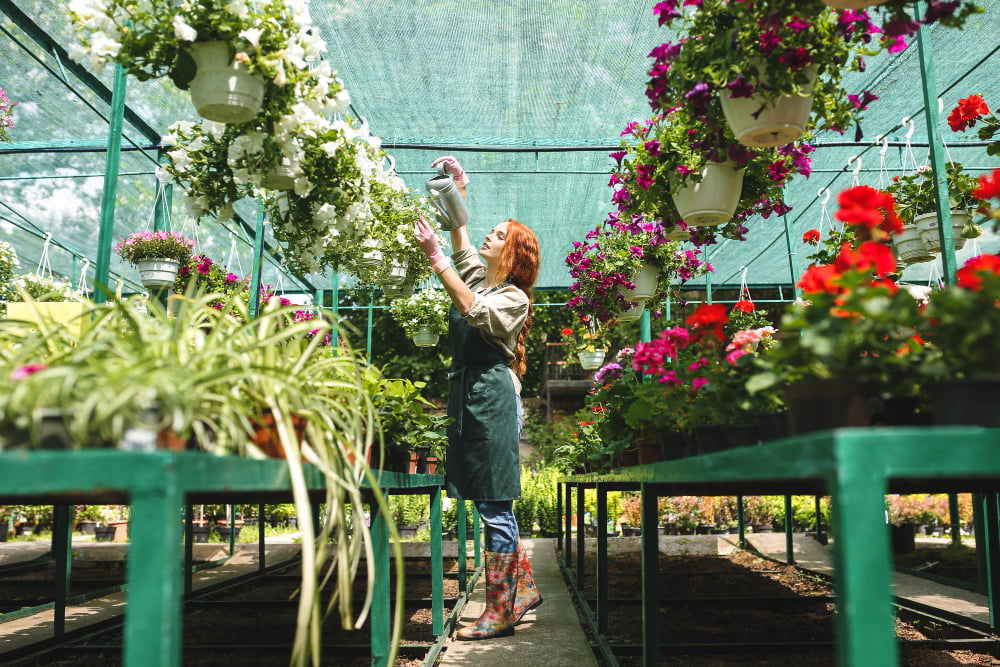Last updated on
Greenhouses have been used for centuries to create an optimal environment for cultivating a wide variety of plants. They provide a controlled and protected space that allows plants to thrive, regardless of the weather conditions outside.
Over time, greenhouses have evolved from simple structures made with glass or plastic sheeting to high-tech, advanced facilities that can support even the most delicate plant species. But why exactly are greenhouses so beneficial for cultivating plants? In this article, we will explore the various advantages of using greenhouses and how they can benefit both commercial and hobbyist gardeners.
Improved Plant Growth and Development

Greenhouses offer a myriad of advantages, with enhanced plant growth and development standing out as a key benefit. Whether you choose commercial greenhouses from RIMOL or opt for a DIY approach, these structures provide an ideal environment for plants to thrive. The controlled temperature, humidity, and light levels in greenhouses allow for year-round cultivation, resulting in faster and healthier plant growth.
The controlled environment also protects plants from pests, diseases, and harsh weather conditions, allowing them to develop without any hindrances. This ultimately leads to higher yields and improved overall plant health.
Protection from Harsh Weather Conditions
Extreme temperatures, strong winds, heavy rain, and hail can all damage or even destroy outdoor crops. However, with a greenhouse, plants are sheltered from these elements, ensuring their survival and continued growth. This is particularly beneficial for areas with unpredictable weather patterns or where growing seasons are shorter.
Greenhouses also protect from frost, allowing plants to be grown beyond their usual seasonal limitations. This means gardeners can have fresh produce all year round, even in colder climates. Furthermore, greenhouses can shield plants from excessive heat and UV exposure in the summer months, preventing wilting and sunscald.
Versatile for a Wide Range of Plants

Greenhouses are incredibly versatile and can accommodate a wide range of plants, making them an ideal solution for both commercial and hobbyist gardeners. Whether you want to grow vegetables, fruits, flowers, or even exotic plants, greenhouses provide the perfect environment for their growth.
By adjusting the temperature, humidity levels, light exposure, and other factors within the greenhouse, you can create a personalized space for your specific plants’ needs. This makes it possible to grow a diverse range of crops and experiment with new varieties that may not be suitable for outdoor cultivation in your area.
Extended Growing Season
In traditional outdoor gardening, the growing season is limited by frost and harsh weather conditions. However, with a greenhouse, you can start your plants earlier in the year and continue growing them well into the fall or even winter months. This not only allows for a longer harvest period but also allows you to grow crops that are not typically suited for your region’s climate.
By using heating and cooling systems in your greenhouse, you can further extend the growing season and have fresh produce available all year round. This extended growing season is especially beneficial for commercial growers who rely on a consistent supply of crops for their business.
Pest and Disease Control
Pest and disease control is another significant benefit of using greenhouses for plant cultivation. The controlled environment in a greenhouse makes it easier to monitor and prevent pest infestations, as well as the spread of diseases that can decimate outdoor crops. This is particularly important for organic growers who do not use chemical pesticides or herbicides.
In a greenhouse, biological controls such as beneficial insects and natural remedies can be used to manage pests and diseases, maintaining the overall health of the plants. Without exposure to outdoor pests and pathogens, plants grown in greenhouses have a higher chance of remaining healthy and producing bountiful yields.
Greater Control over Environmental Factors
Greenhouses offer gardeners greater control over the various environmental factors that can affect plant growth and development. Temperature, humidity, light levels, air quality, and even soil conditions can all be monitored and adjusted within a greenhouse to create the ideal growing environment for specific plants.
This level of control not only leads to healthier plants but also allows for more efficient use of resources such as water and fertilizer. Gardeners can also experiment with different growing techniques and methods within a greenhouse, creating the perfect conditions for their plants to thrive. This level of precision and customization is unmatched in traditional outdoor gardening and makes greenhouses a preferred choice for many growers.
Greenhouses offer benefits for plant cultivation, essential for both commercial and hobbyist gardeners. They enhance growth, shield from weather and pests, extend growing seasons, and boost efficiency. With technological advancements, greenhouse farming is more popular and accessible. Whether for food, business, or gardening, a greenhouse creates an optimal growing environment.
Recap:



